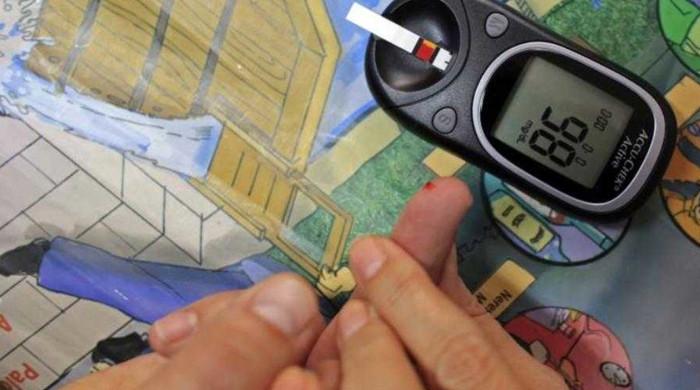Medical device stocks of all kinds were pummeled over the past week as investors tried to calculate the ripple effects of new weight loss drugs. It wasn’t the first rout in the sector — the pressure has persisted for several months. The fear has been that whenever you have a large group of consumers changing their habits, that will affect the types of products they buy and the services they will need. While the use of the GLP-1 drugs to treat obesity is still very limited at this point, it is expected to soar to a $100 billion market or more, by some estimates. That’s because the potential market is vast given the prevalence of obesity and overweight in the U.S., where more than 70% of the population has one of those two conditions. Also, ongoing studies have shown these drugs could have other beneficial effects such as reducing heart and kidney disease. Still, the danger for investors is that the assumptions being made lack nuance, and the bet is wrong. One great example is knee replacements. Judging by the momentum in the stocks, investors have been betting that as people lose weight, there will be a decline in knee replacement surgery. The American College of Rheumatology estimates 790,000 total knee replacements are performed in the U.S. each year. Being overweight or obese may put a person at greater risk for needing surgery, but other factors are also at play. A case for more knee surgery? “We’ve had questions about the potential of dramatic weight loss reducing demand for knee replacements by relieving stress on the joints,” Benchmark analyst Bill Sutherland wrote in a research note Thursday. “The early anecdotal evidence actually suggests that the opposite could happen as previously very obese individuals overexert, creating an array of [musculoskeletal] injuries.” While GLP-1 medications are helpful in aiding weight loss by suppressing appetite and increasing feelings of fullness, to be successful, patients are advised to adopt healthy habits, including exercise. This is especially true if patients need to wean themselves off the medication after losing weight. Many people have regained the weight they lost when they stop the medication unless they are able to make sufficient lifestyle adjustments. Piper Sandler analyst Matt O’Brien recently met with executives from Stryker , who said the number of large joint surgeries is not declining as a result of GLP-1 drugs such as Novo Nordisk’s Ozempic and Wegovy and Eli Lilly’s Mounjaro, and they don’t expect it to. “They were emphatic that they are not seeing any impact from these drugs and that the primary driver of joint replacement is not weight but motion and the eventual bone-on-bone pain caused by osteoarthritis (loss of cartilage),” O’Brien said. “We agree with this view and believe any concerns here for the orthopedic companies are overblown…” He also doubts weight loss will increase the number of people who receive joint replacement in a meaningful way. Stryker shares are still up 5% in 2023, but the stock has fallen more than 15% since June 30, when the sentiment shifted against medical device stocks. O’Brien rates the stock overweight and sees shares heading to $310, or about 20% above where shares closed Friday. SYK 3M mountain Stryker shares over the past three months Do the facts matter? But we may be at the point where the facts don’t matter as much as the sentiment. “… [T]here is considerable debate among investors as to whether fundamentals even matter this qtr with the GLP-1 overhang limiting investor willingness to buy MedTech stocks broadly,” said Truist analyst Richard Newitter in a research note Thursday. “For our part, we continue to believe the dramatic GLP1-driven sector pullback is likely overdone and that ‘narrative’ (i.e. can’t disprove the worst-case long-term negative) is driving indiscriminate selling more so than tangible (knowable) fundamental impact. But it’s hard to say when/if the GLP-1 overhang will subside,” Newitter said. Based on Truist’s polling of 50 hospital administrators, the analyst expects the third quarter will show a slowing pace of knee replacement surgeries compared to the first half of 2023. SGRY 3M mountain Surgery Partners shares over the past three months There are other headwinds as well for stocks such as Surgery Partners , a leading operator of surgical facilities. Benchmark’s Sutherland reiterated his buy rating on the stock, which has fallen 48% since June 30. In addition to the overhang from GLP-1 weight loss medications, the company has been hurt by pressure on hospital stocks in the wake of the Kaiser Permanente strike . That labor action, as well as a possible strike by Tenet Healthcare workers, could push employee pay higher. Indeed, Kaiser reached a tentative labor agreement with health workers Friday, and the deal includes an increase in wages . “Surgery Partners remains immune from these labor issues,” Sutherland said. His price target of $50 suggests Surgery Partners’ stock could more than double from Friday’s close. — CNBC’s Michael Bloom contributed to this report.







